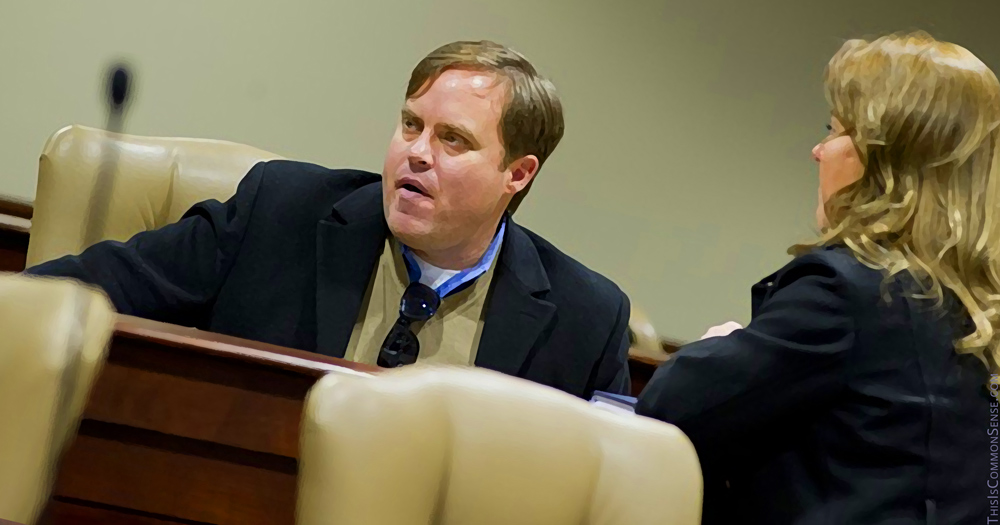“Man, it just started snowing out of nowhere this morning, man. Y’all better pay attention to this climate control, man, this climate manipulation,” explained Washington, D.C. Councilman Trayon White back in March.
White (who is black) went on to accuse “the Rothschilds” (who were Jewish financiers) of “controlling the climate to create natural disasters they can pay for to own the cities, man.”
Man. Oh. Man.
White later apologized, taking up the invitation of the Jewish Community Relations Council of Greater Washington to tour the Holocaust Museum. During the tour one of White’s staffers referred to the infamous Warsaw Ghetto as “a gated community.” Then, before the tour’s end, the councilmen unceremoniously bugged out.
Next, news broke that Councilman White had used his constituent services account,* which the Washington Post reports “must [by law] benefit D.C. residents,” to send $500 to a Nation of Islam event in Chicago.
At which Minister Louis Farrakhan denounced Jews.
The Post noted how all this “turned into a test of the ability of city officials to handle the explosive race and class resentments that can arise in a city whose prosperity masks a troubling gap between its haves and have-nots.”
Even D.C. Council member Elissa Silverman (who is Jewish) echoed the partial excuse that White “represents the poorest parts of our city, … whose residents feel like they haven’t benefited, and the remarks were directed at a community that’s largely affluent here, and seen as powerful.”
Is bigotry against an entire religion wrong or not so much, depending on the race or socio-economic status of the people espousing the bias?
No, man.
This is Common Sense. I’m Paul Jacob.
* Why do we have programs allowing politicians to hand out free money? This never ends well.











